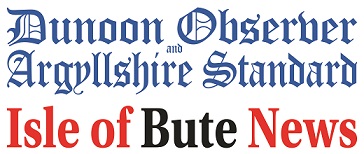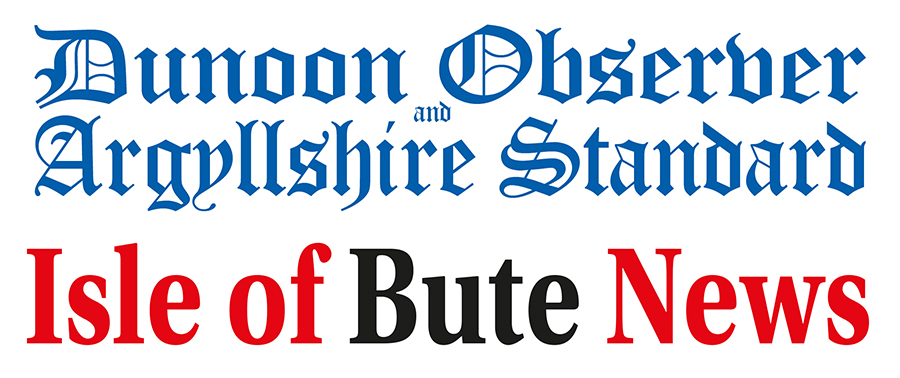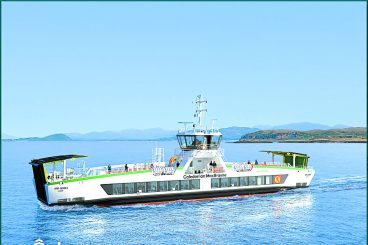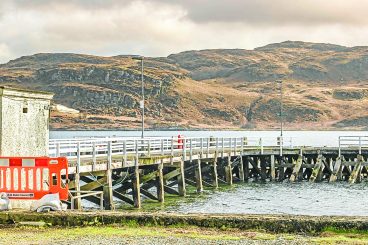Argyll and Bute Council has reaffirmed its commitment to tackling fuel poverty, cutting carbon emissions, and improving energy efficiency through updates to its Local Heat and Energy Efficiency Strategy (LHEES).
The revised strategy outlines measures to deliver a sustainable and energy-resilient region. Developed in consultation with key stakeholders, the strategy incorporates input from the Argyll and Bute Energy Efficiency Forum, the Climate Change Board, electricity distributors, and an extensive public consultation held in autumn 2024.
Key objectives include:
* Decarbonising heat in buildings by promoting heat networks and heat pumps, particularly in homes using direct electric heating.
* Improving energy efficiency to combat fuel poverty, especially in areas with poor insulation.
* Enhancing grid infrastructure to support urban and rural energy needs.
* Encouraging green skills development by working with training providers to offer opportunities in heat decarbonisation and energy efficiency, alongside boosting apprenticeships.
* Supporting communities to establish local energy projects and communal heating schemes, creating jobs in the green economy.
* Engaging private sector building owners to promote adoption of energy efficiency measures.
Council Leader Jim Lynch emphasised the importance of the strategy, saying:
“Tackling fuel poverty, reducing emissions, and enhancing energy efficiency are crucial steps toward achieving a sustainable, net-zero Argyll and Bute.
“Feedback from our communities was invaluable in shaping the LHEES.
“These issues affect us all and hold significant implications for future generations.”
The council aims to prioritise decarbonisation projects in remote and rural areas, securing investment and maximising
local benefits.












